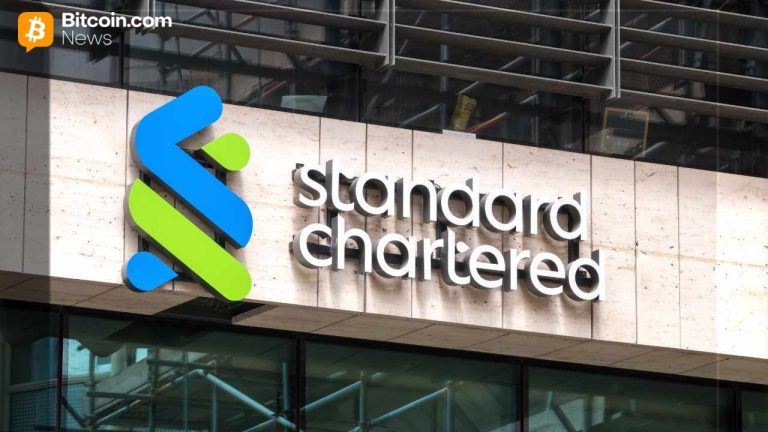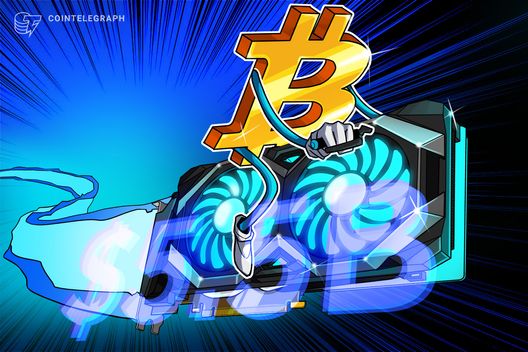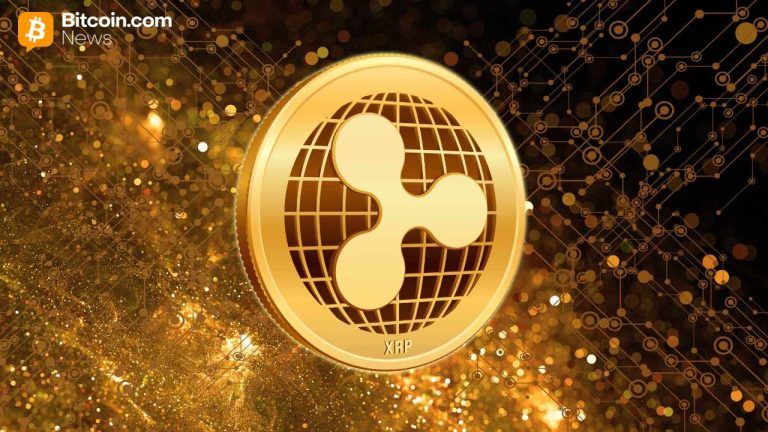Who on Crypto Twitter chose not to pay for a blue checkmark?
4 min read
Despite their large numbers of followers — and being potential targets for scammers impersonating them — not every major Crypto Twitter personality has signed up or been given a blue checkmark since the platform removed legacy verification on April 20.
In a debate that’s almost exclusively limited to die hard enthusiasts of the social media platform, many individuals have opted not to pay Twitter $8 each month to retain a blue checkmark formerly given as a symbol of verification. Though it’s unclear whether certain high-profile figures in the crypto space have chosen to pay for the ‘Twitter Blue’ subscription to retain their verification status, some of their profiles still show the checkmark.
Among those staying in the game Elon Musk seemingly wants members of the platform to play in order to drive additional revenue to Twitter include the CEO himself, Ethereum co-founder Vitalik Buterin, Binance CEO Changpeng Zhao, Gemini co-founders Cameron and Tyler Winklevoss, Litecoin (LTC) creator Charlie Lee, Pixelmatic CEO Samson Mow, podcaster Anthony ‘Pomp’ Pompliano, Ripple CTO David Schwartz, and MicroStrategy executive chair Michael Saylor. Musk said he was personally footing the bill in order for certain users to keep their blue checkmarks, including Star Trek actor William Shatner with his 2.5 million followers.
William Shatner criticized Elon Musk over paid verification last month and then randomly thanked him for something vague and unspecified yesterday
now he’s got a Twitter Blue verification badge lol pic.twitter.com/VLGPXK8Sw1
— Matt Binder (@MattBinder) April 20, 2023
At the time of publication, however, some of the biggest names in the crypto industry have opted not to pay for the social media platform’s initiative. Blockstream CEO Adam Back, Bitcoin Cash (BCH) proponent Roger Ver, Ripple CEO Brad Garlinghouse, Bitcoin (BTC) educator Andreas Antonopoulos, venture capital investor Tim Draper, and crypto influencer WhalePanda were among those Twitter accounts not showing a blue checkmark.
Musk, a proponent of Dogecoin (DOGE) well known for trolling Twitter users before and following his $44-billion takeover of the platform in October 2022, has implemented several changes related to the verification of users and attempts to drive additional revenue to the site. Though the CEO claimed one of his goals was to reduce the number of scammer tweets and bots, the $8 monthly subscription model launched in November 2022 resulted in several accounts boasting the blue checkmark alongside the legacy checkmarks.
Y’all complaining about an $8 verification badge to protect your followers.
Meanwhile in 2021 I paid $20k for mine to protect my followers.
— Ben Armstrong (@Bitboy_Crypto) April 22, 2023
The change in Twitter’s blue checkmark system led to many users unaware of the paid option to mistake fake accounts for real ones, resulting in financial hardship in the case of one impersonating pharmaceutical company Eli Lilly. A user set up an account with a similar name to the firm, paid for the blue checkmark, and claimed the company would offer free insulin, resulting in its stock dropping roughly 5%.
Musk’s decision to sunset legacy blue checkmarks effectively removed the verification status for which Twitter had become known, though there are additional labels and other types of checkmarks for organizations, businesses, and governmental leaders. For example, gold checkmarks reportedly costing $1,000 per month are intended for verified business accounts, but the platform has reportedly been giving some away for free — as well as taking them back. Accounts held by Binance, Binance.US, Gemini, Kraken, KuCoin, OKX, Floki Inu, and others currently show the gold mark.
First Elon Musk blocked us
Then he unblocked us
Then he gave us a gold checkmark for free
Then we tweeted about his rocket exploding and he took our gold checkmark away…
We live rent free in the head of a “genius billionaire”
— Public Citizen (@Public_Citizen) April 21, 2023
Many have shunned the changes to Twitter and its subscription model. Even some of those who were given their blue checkmarks for free have rejected them.
“I know some people are upset about losing their verification,” said comedian Mike Drucker. “But it’s about to become much easier to know who to block.”
I think Mr. Musk should give my blue check to charity. I recommend the Prytula Foundation, which provides lifesaving services in Ukraine. It’s only $8, so perhaps Mr. Musk could add a bit more.
— Stephen King (@StephenKing) April 22, 2023
How to lose your Twitter Blue checkmark:
1. Click “Profile.”
2. Click “Edit Profile.”
3. Change your name here. Note that this doesn’t change your @ username, just the display name next to it.
4. Click Save.Unless they change things, this will remove your legacy checkmark. pic.twitter.com/doIoGnDlwz
— Thandrie Davis ???? (@TheyAreThandrie) April 23, 2023
Ripple CTO David Schwartz, who suggested he had purchased a blue checkmark, said he had done so to prevent being “perfectly impersonated by anonymous accounts.” Content creator Wendy O, also known as Crypto Wendy, cited concerns about bots on the platform but also said she had paid the $8 for her blue checkmark.
Related: Elon Musk changes Twitter icon to Doge after seeking lawsuit dismissal
It’s unclear how many in the crypto space have actively signed up for the subscription service or been gifted a checkmark, but Twitter’s change in policy has not completely stopped accounts promoting scams or compromising companies. Crypto exchange KuCoin reported that a bad actor took over its Twitter account on April 24 and posted “fake activity” leading to losses for users.
Magazine: Musk hints at suing Microsoft, US Rep. wants Gensler fired, and more





